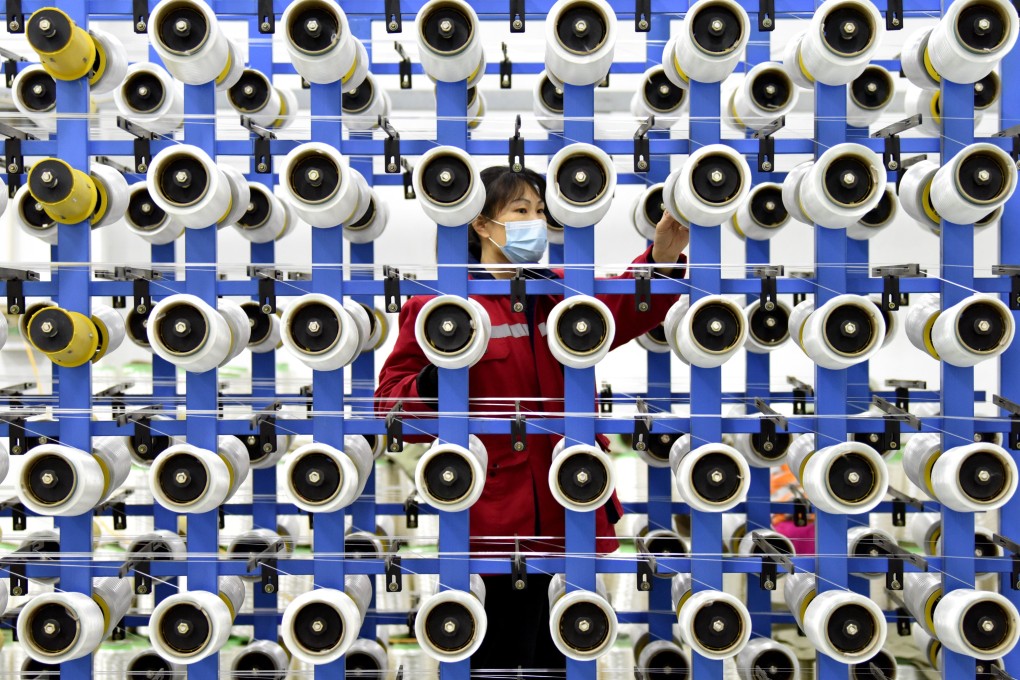Advertisement
The View | China’s hedge against US policies and geopolitical shocks will not be a complete turn inward
- Perhaps the greatest impact of the US effort to contain China has been to clarify China’s weaknesses and spur more progress in addressing them
- US policies will not force China out of the existing global economic system, let alone lead it to embrace an insular, state-controlled development model
Reading Time:4 minutes
Why you can trust SCMP

In terms of geopolitical impact, nothing could be more important than the United States’ shift from strategic cooperation to strategic competition with China. This change has darkened many observers’ views of China’s economic prospects.
The assumption is that China has no choice but to retreat from its successful development path and embark on a less-prosperous path toward self-reliance, with the state exercising complete control over the economy to hedge against geopolitical shocks.
But China’s efforts to bolster its self-sufficiency in some areas are a reasonable response to external pressures – and they hardly spell doom for its economic model or prospects.
Advertisement
In recent years, the US has ramped up its effort to “contain” China’s rise. Beyond employing tariffs and non-tariff barriers on imports from China, it has been limiting Chinese investment, such as by blocking Chinese companies from acquiring firms in some hi-tech sectors in the US.
It has also continued to add Chinese firms to its so-called Entity List, restricting their access to US-controlled critical technologies like semiconductors, barred US capital from entering some of China’s strategic industries, and forced Chinese companies off US stock exchanges.
As my co-author, Shuo Shi, and I show in a 2020 paper, these policies could only carry escalating strategic costs for the US. Their lasting impact on the Chinese economy could be very limited, let alone enough to stop China’s economic rise in its tracks.
Advertisement
Select Voice
Choose your listening speed
Get through articles 2x faster
1.25x
250 WPM
Slow
Average
Fast
1.25x

